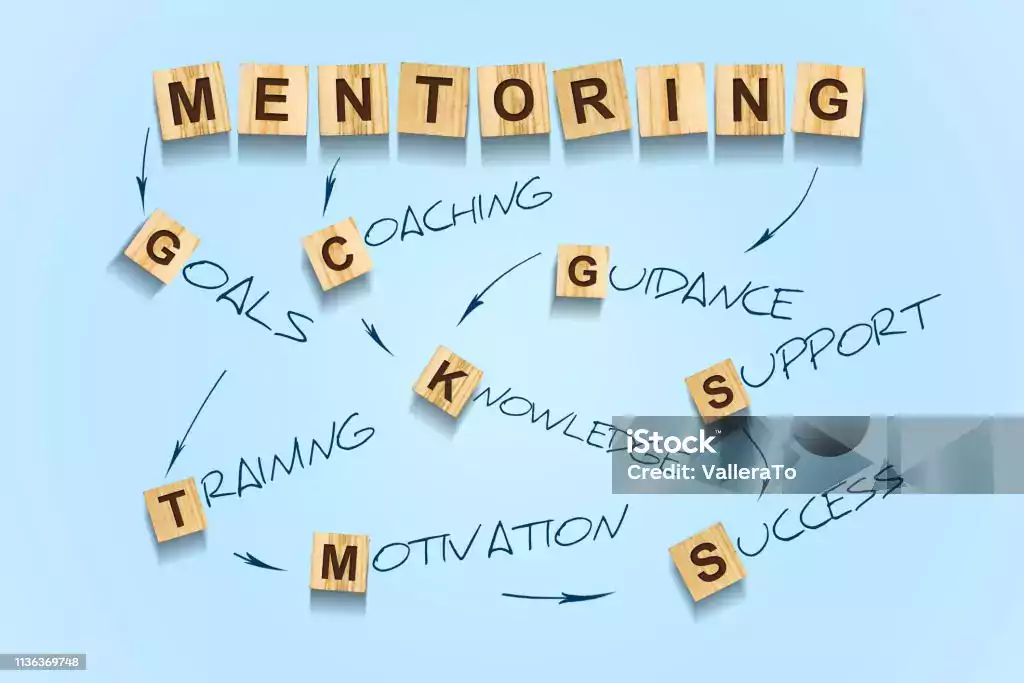
Mentorship has become an essential part of professional growth since it helps people succeed by providing them with advice, encouragement, and insight from more experienced professionals. Mentorship has a tremendously important role to play in today's fast-paced, constantly changing work environment. This article explores the importance of mentorship by looking at the Role of Mentorship in Personal Development and Growth, and becoming future leaders.
Mentorship is a two-way street in which one person (the mentor) helps another person (the mentee) develop their abilities and expertise through sharing what they've learned and experienced. For the mentee's development and success, the mentor is there to offer advice, encouragement, and critique. Mentoring can range from casual one-on-one interactions to official programs within companies.
Through mentoring relationships, people are able to hone their current abilities and learn new ones. In order to help mentees grow from both their achievements and failures, mentors offer advice on particular jobs or tasks and also share their personal experiences.
Mentors help mentees develop in their careers by sharing their knowledge and expertise in a certain field. In terms of career guidance, networking, and advancement prospects, mentors are invaluable resources.
Mentoring relationships facilitate personal growth. As well as providing practical advice and emotional assistance, mentors also aid mentees in self-awareness and the pursuit of personal growth by pointing out areas of strength and growth opportunities.
Mentoring helps employees feel more connected to the company and its mission, which in turn increases engagement and retention. When mentees receive positive reinforcement from their mentors, they are able to remain employees for the long haul.
Mentors are seasoned experts who agree to spend time with others who are looking to learn and improve by sharing what they've learned along the way. Learning, growth, and the free flow of ideas are all nurtured in this connection. Career advancement relies heavily on mentorship, which can take the shape of an official arrangement inside an organization or an informal relationship formed via networking.
Many companies are utilizing mentoring software to make the most of mentorship programs. These resources allow mentors and mentees to stay in touch, exchange information, and monitor each other's development. Some advantages when utilizing mentorship software are as follows:
Utilizing mentoring software enables both mentees and mentors to monitor their advancement and aspirations. Because of this, it is simple to gauge the success of a mentoring relationship and find places to grow.
Mentoring software can boost participation by serving as a hub where mentees, as well as mentors, can meet, exchange information, and stay in touch.
Using mentoring software, businesses can expand their mentoring initiatives to more people. Businesses that employ distributed or remote workers will find this to be of paramount importance.
To better understand the value of mentoring relationships, data-driven insights can be provided by mentoring software. Decisions regarding the program's design and execution can be based on this data.
Advice from a mentor is priceless since it goes beyond what is found in course materials. They explain difficulties faced in the real world, provide counsel based on experience, and pass on tacit information that is unavailable in a classroom setting. A mentee's learning curve is shortened as a result of this information transfer.
People are able to expand their social circles through mentoring programs. When mentors bring mentees into their professional network, it can lead to fruitful collaborations, partnerships, as well as new opportunities.
By providing direction and encouragement, mentors assist mentees in believing in themselves and their talents. People who have a higher opinion of their abilities are more likely to take on difficult tasks.
Both mentors and students don't necessarily have to be of the same age. Instead of focusing on age, we should be focusing on knowledge sharing.
There is a significant role for both forms of mentoring. Mentorship evolves with the times, but official programs provide structure. Emerging trends in mentoring include virtual coaching, reverse mentorship (where younger people guide older ones), and mentorship powered by artificial intelligence.
Both personal and professional growth can greatly benefit from mentoring relationships. Organizations can greatly enhance the effectiveness of their mentoring programs as well as offer invaluable support to employees by utilizing mentoring software.
The use of virtual mentorship programs is on the rise. By utilizing digital tools, mentors and mentees are able to connect despite physical distance.
Many sectors have used mentorship. In the technology industry, for example, senior engineers often act as mentors to less experienced developers, encouraging a mindset of lifelong learning. A mentoring program fosters an atmosphere of mutual support and teamwork in the workplace. As a result, employee happiness and loyalty are enhanced.
Mentorship offers a solid foundation for personal development in this age of rapid development. The Role of Mentorship in Personal Development and Growth is to provide guidance, support, and feedback. Mentorship, whether through official programs or informal links, helps fill up knowledge shortages, boosts confidence, as well as advances careers.